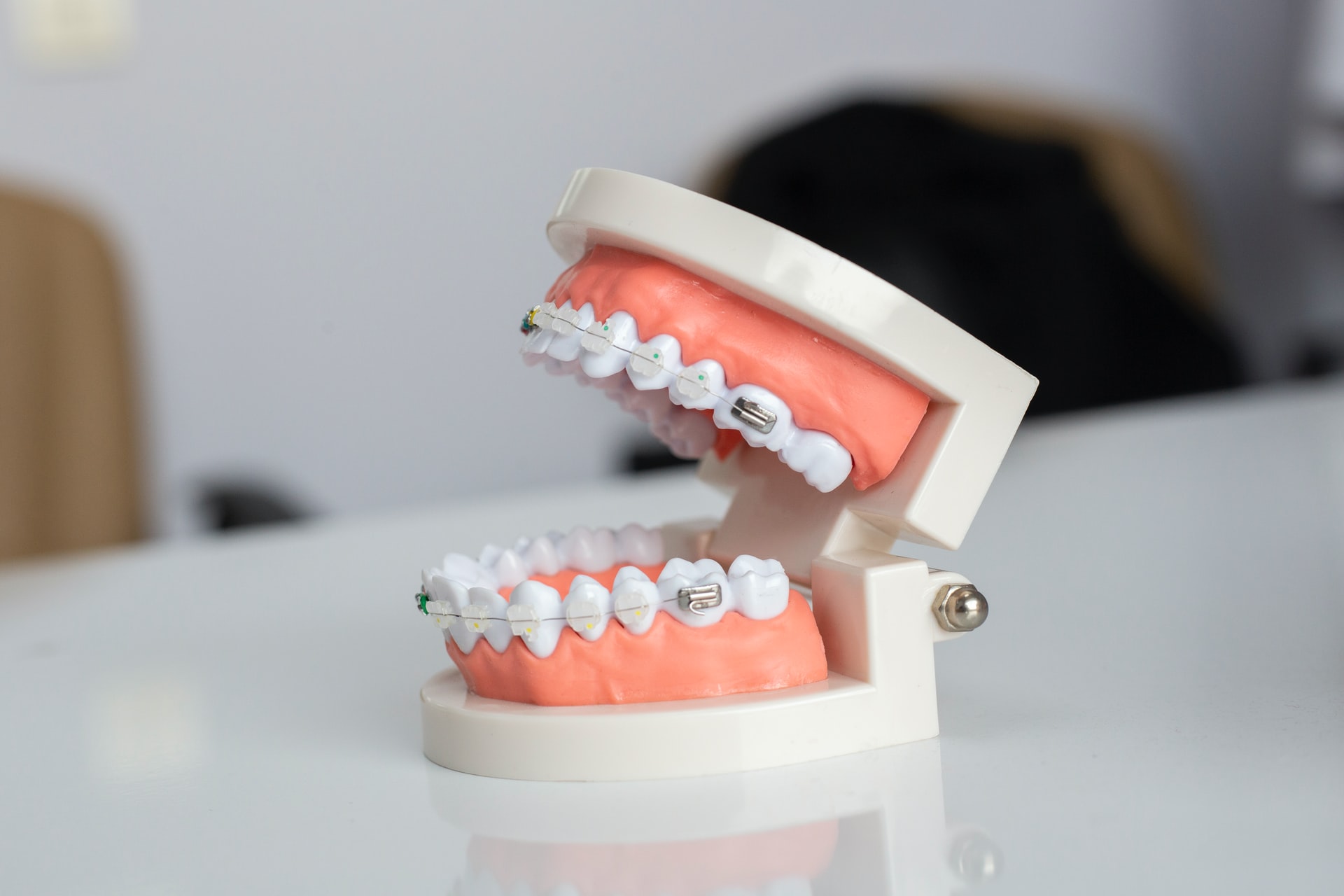What to Expect From Your Full Mouth Reconstruction Procedure
A full mouth reconstruction is a complex procedure that an experienced dentist or oral surgeon should perform. The goal of the procedure is to correct any dental problems that you may have and improve your mouth’s function and appearance. Considering this procedure, it is important to know what to expect. The process can be divided into four steps: pre-operative, operative, post-operative, and maintenance. By knowing what to expect, you can be better prepared.
1. Pre-operative:
This is the planning stage of the full mouth reconstruction process. It includes an examination and consultation with your oral surgeon. Your surgeon will review your medical history and thoroughly examine your mouth, teeth, gums, and jaws during this appointment. They will also take X-rays, photographs, and impressions of your teeth, which will be used to create models of your mouth. These models will be used to plan your surgery and determine the best way to achieve the results you’re looking for.
This appointment is an opportunity to ask any questions you have about the surgery or the recovery process. Once your surgeon has all the information, they will develop a treatment plan tailored to your individual needs. The pre-operative appointment is critical in ensuring that you have successful reconstruction surgery.
2. Operative:
The operative stage is when the actual surgery is performed. Depending on your treatment plan, this stage can involve one or multiple surgeries. The most common full mouth reconstruction surgery is maxillofacial surgery, which is performed to correct teeth, jaws, and face problems. Other surgeries involved in this process include dental implants, bone grafts, and soft tissue grafts. During these surgeries, your surgeon will make incisions in your gums and jawbone to access your teeth and jaws.
They will then make any necessary corrections to achieve your desired results. Once the surgeries are complete, your surgeon will close the incisions with sutures and place a dressing over them. Finally, you will be taken to a recovery room, where you will be closely monitored as you wake up from the anesthesia.
3. Post-operative:
This is the recovery stage of the reconstruction process. You will need to take it easy and allow your mouth to heal during this stage. You will likely experience some swelling, bruising, and pain. Your surgeon will prescribe medication to help manage these symptoms. They will also give you specific instructions on caring for your mouth after surgery. In addition, you must follow these instructions carefully to ensure a successful recovery and prevent infection. Proper oral hygiene is essential to preventing infection and promoting healing.
You should also avoid smoking, which can delay healing and increase the risk of complications. For example, the post-operative stage can last anywhere from a few days to a few weeks, depending on the extent of the surgery.
You will also need to take it easy for a few days after surgery. Avoid strenuous activity and give yourself time to rest. This will help your body heal and reduce the risk of complications.
Once the post-operative stage is complete, you will be able to see the results of your reconstruction surgery. However, you should expect an improvement in the function and aesthetics of your mouth.
4. Maintenance:
FMR is a significant investment, and it’s essential to understand what the procedure entails. One of the most significant aspects of FMR is maintenance. After your surgery, you will need to see your oral surgeon or dentist regularly for follow-up appointments. During these appointments, your doctor will evaluate your progress and determine if any additional treatment is needed.
It’s also important to practice good oral hygiene at home, such as brushing and flossing and avoid habits that can damage your teeth, such as clenching or grinding. With proper care, your mouth reconstruction procedure can give you a life-long smile that you’ll be proud to show off.
Now that you know what to expect from this reconstruction procedure, you can prepare for your treatment. Be sure to follow your dentist’s instructions on caring for your teeth after the procedure. If you have any questions about the procedure or your aftercare, don’t hesitate to ask your dentist. With preparation, proper care, and maintenance, you can ensure that your reconstruction surgery is successful and enjoy long-lasting results.






